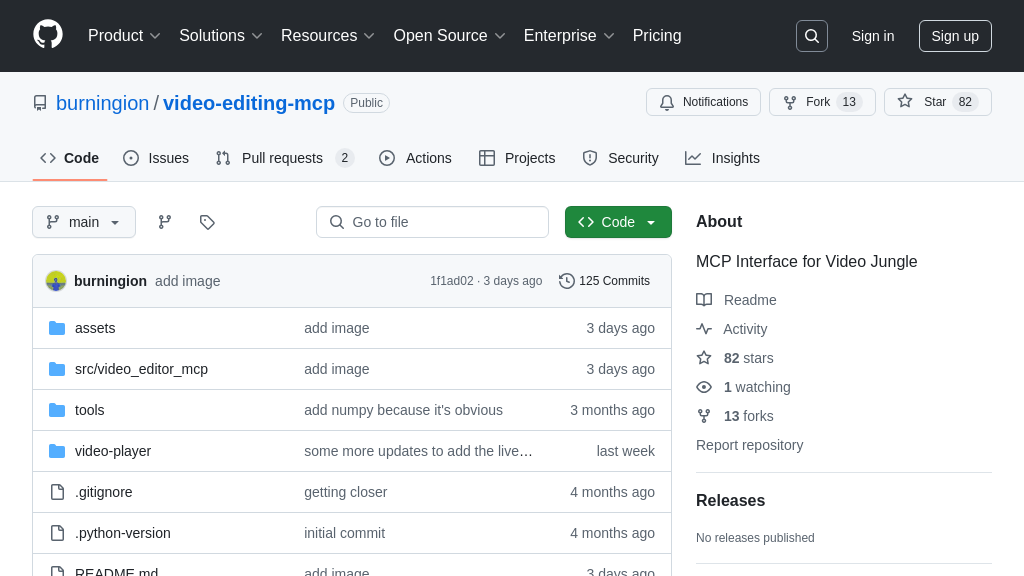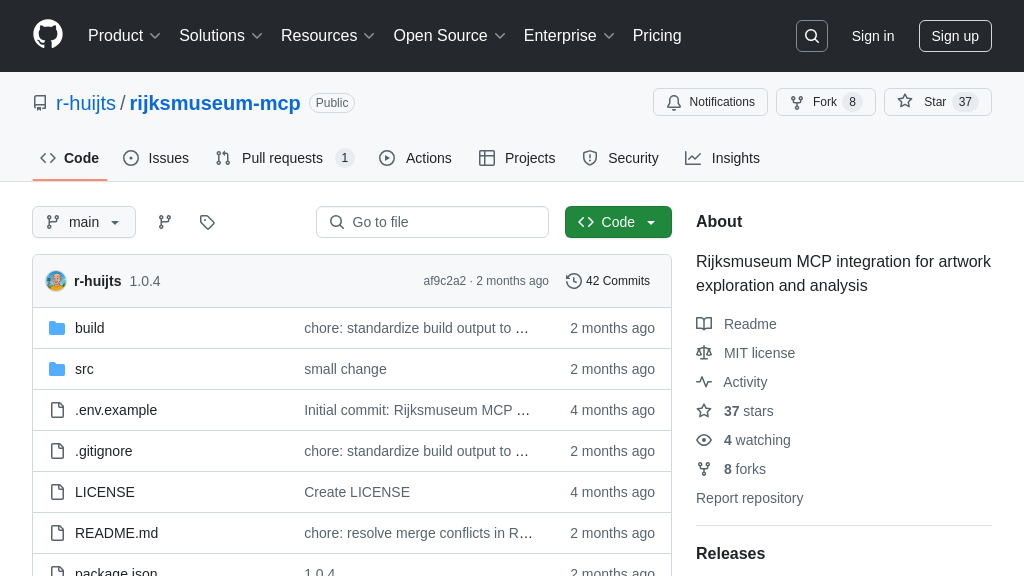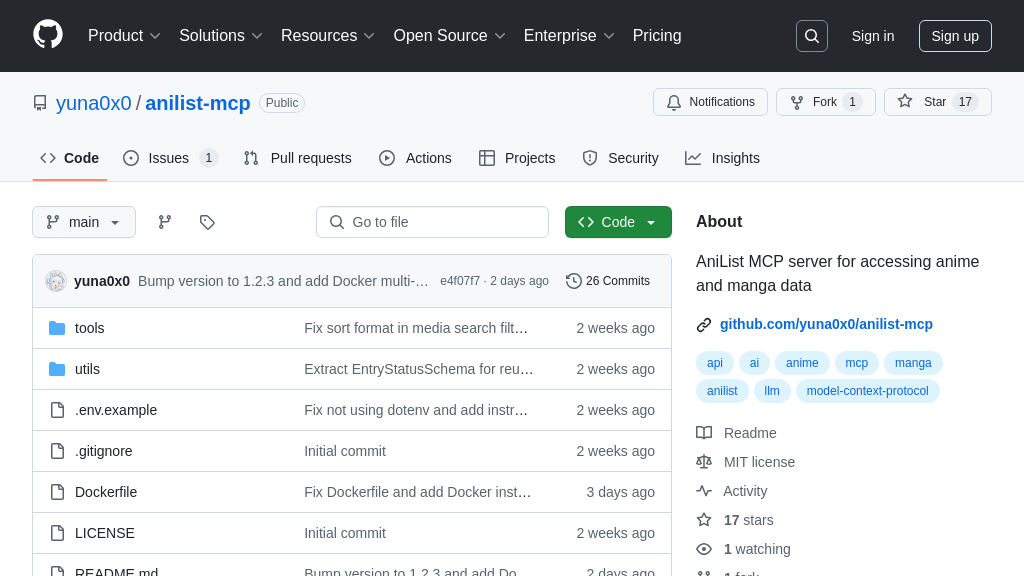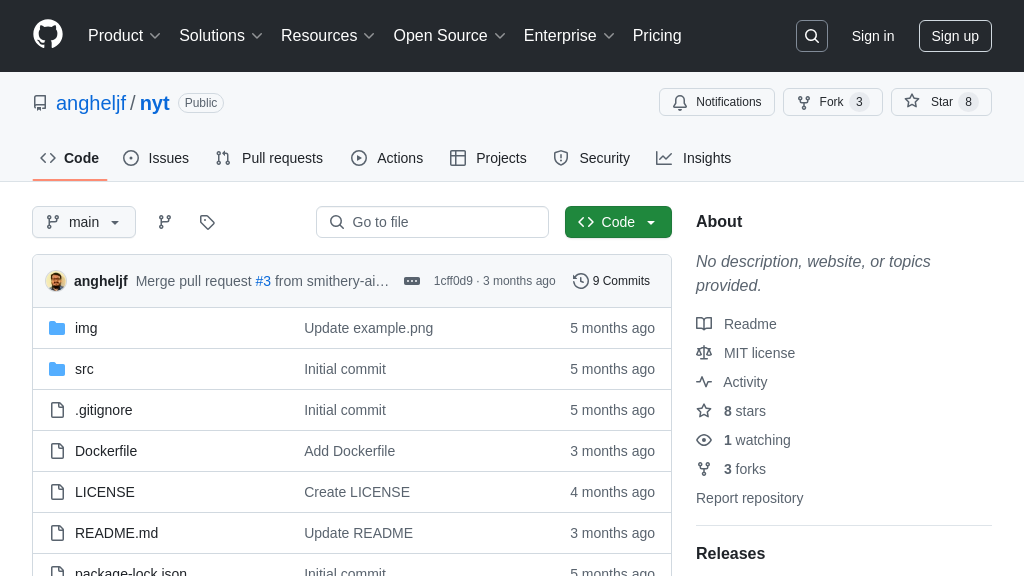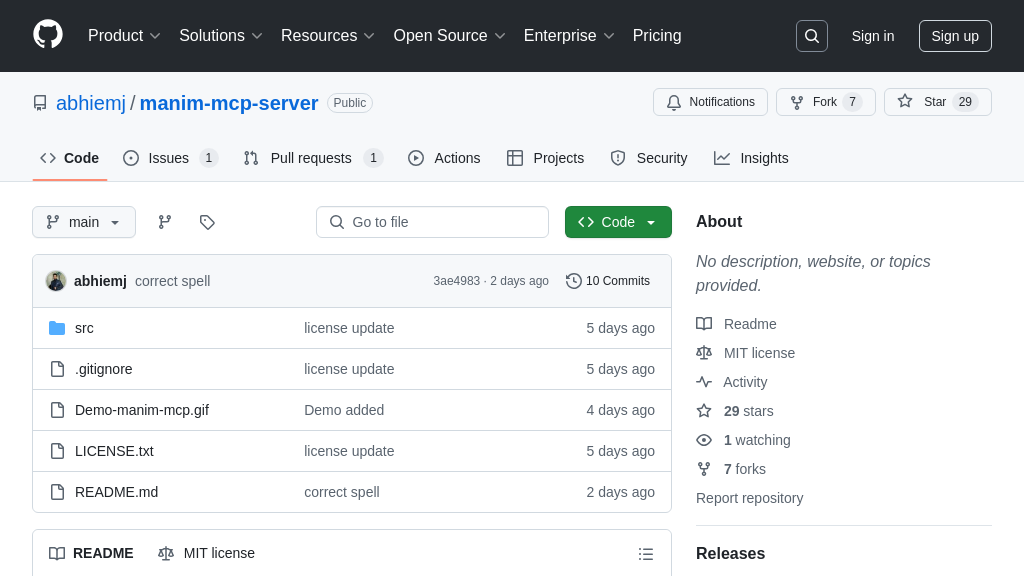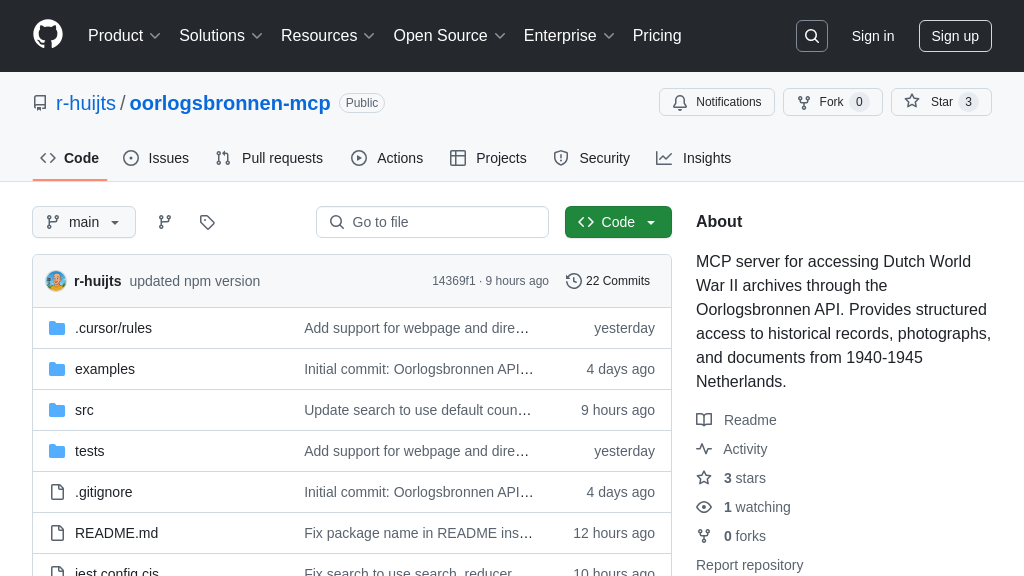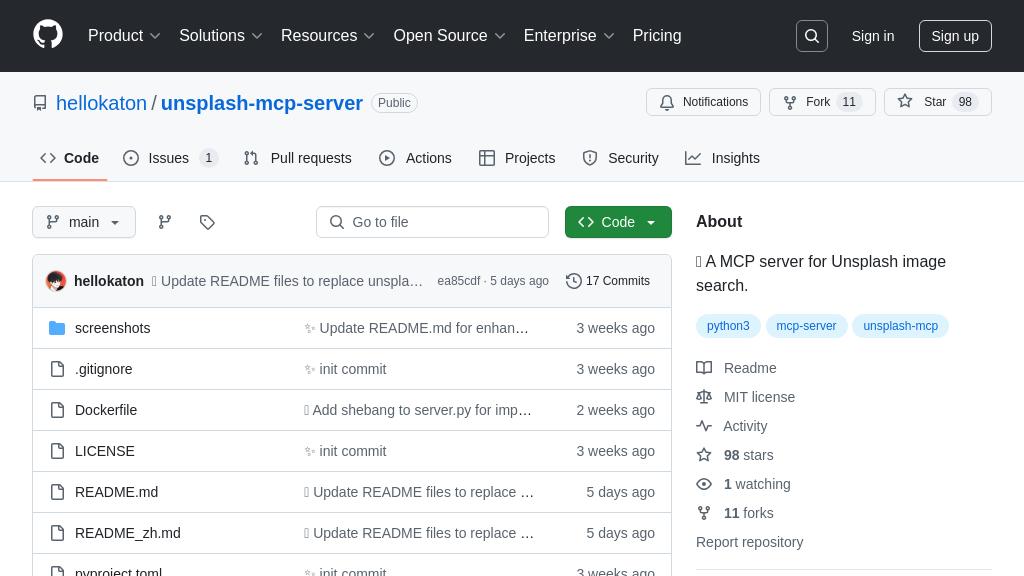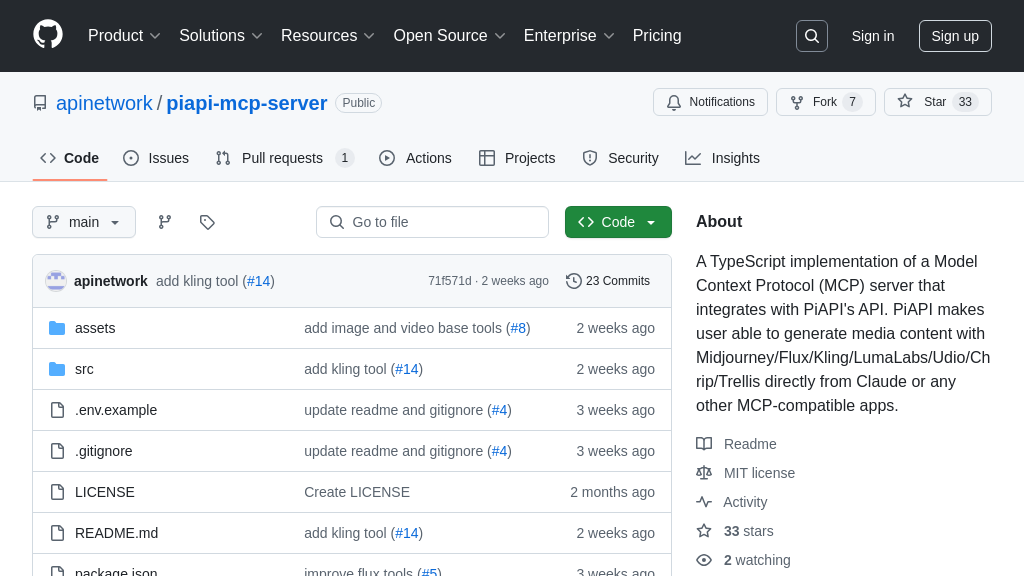quran-mcp-server
Quran-mcp-server: An MCP server connecting AI models to Quran.com API for verse search, translations, and tafsir.
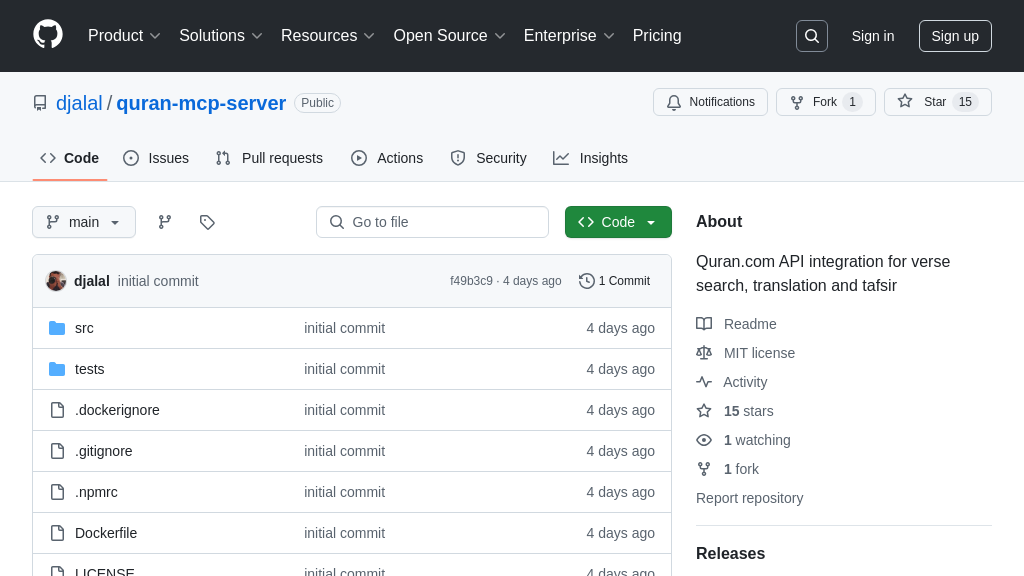
quran-mcp-server Solution Overview
Quran MCP Server is a valuable tool for developers seeking to integrate Quranic data into AI models. As an MCP server, it provides a standardized interface for accessing the Quran.com API, enabling LLMs to retrieve verses, translations, and tafsir (commentary). This server unlocks a range of AI applications, from intelligent Quranic question answering to context-aware Islamic content generation.
Key features include endpoints for retrieving chapters, verses (by chapter, page, juz, etc.), translations, and tafsirs. The server also offers search functionality and access to audio recitations. By leveraging the official Quran.com REST API v4, it ensures data accuracy and reliability.
Developers can easily integrate this server into their AI workflows using compatible MCP clients. The server supports flexible deployment options, including Docker and Node.js, and offers a verbose mode for detailed debugging. This solution eliminates the complexities of direct API integration, empowering developers to focus on building intelligent, Quran-centric applications.
quran-mcp-server Key Capabilities
Verse Retrieval by Chapter
This core feature allows AI models to retrieve Quranic verses based on chapter number. The server leverages the Quran.com API to fetch verses, providing a structured and reliable data source. When an AI model needs to understand the context or content of a specific chapter, it can use this tool to retrieve all verses within that chapter. This is crucial for tasks like summarizing chapters, identifying key themes, or comparing different chapters. For example, an AI could analyze Surah Al-Fatiha (chapter 1) to understand its significance as an opening prayer. The server uses the GET /verses/by_chapter/{chapter_number} endpoint.
Comprehensive Quran Search
The GET /search endpoint enables AI models to perform targeted searches within the Quranic text. This functionality is essential for tasks requiring specific information retrieval, such as identifying verses related to a particular concept, theme, or keyword. The AI model can formulate a query, and the server returns relevant verses, facilitating in-depth analysis and understanding. For instance, an AI could search for verses containing the word "patience" to understand the Quranic perspective on this virtue. This feature empowers AI models to conduct sophisticated research and analysis of the Quranic text, going beyond simple keyword matching to understand contextual relevance.
Access to Translations and Tafsirs
This feature provides AI models with access to a wide range of Quranic translations and Tafsirs (interpretations). By utilizing the GET /resources/translations and GET /resources/tafsirs endpoints, the server allows AI models to understand the Quran from multiple perspectives and linguistic interpretations. This is invaluable for tasks such as cross-lingual analysis, comparative religious studies, and understanding the historical and cultural context of the Quran. For example, an AI could compare multiple English translations of a verse to identify nuances in meaning or access a specific Tafsir to understand the verse's deeper interpretation according to a particular scholar.
Chapter and Verse Information Retrieval
The server provides access to detailed information about Quranic chapters and verses through the GET /chapters/{id} and GET /verses/by_key/{verse_key} endpoints. This includes metadata such as chapter names, verse numbers, and the order of revelation. This information is crucial for AI models to understand the structure and context of the Quran. For example, an AI could use this feature to determine the chronological order of verses related to a specific topic, providing insights into the evolution of Islamic teachings. This feature enhances the AI's ability to perform sophisticated analysis and interpretation of the Quranic text.
Random Verse Generation
The GET /verses/random endpoint allows AI models to retrieve a random verse from the Quran. While seemingly simple, this feature can be valuable for tasks such as generating inspirational content, creating diverse datasets for training, or introducing an element of chance in AI-driven applications. For example, an AI could use this feature to generate a daily "verse of the day" for a mobile app or to create a diverse set of examples for a Quranic chatbot. This feature adds an element of unpredictability and discovery to AI interactions with the Quranic text.
